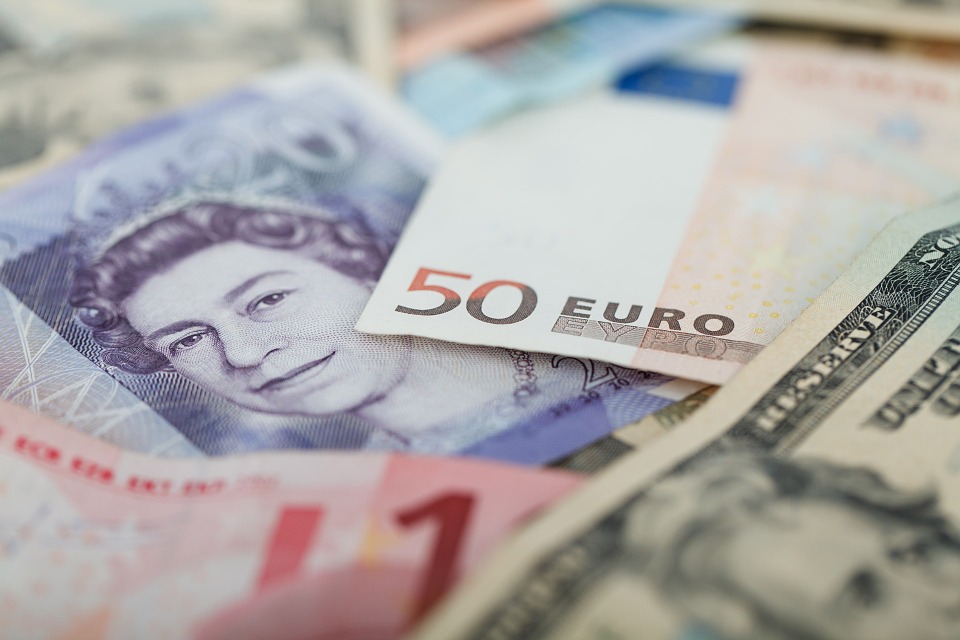The Pound Euro (GBP/EUR) exchange rate has traded erratically over the past couple of weeks as events in Ukraine infused the pairing with considerable volatility.
This has seen the pairing trade in a range of between €1.17 and €1.20.
What’s been happening?
Events in Ukraine have largely driven movement in the GBP/EUR exchange rate in the past couple of weeks, resulting in some dramatic swings in the pairing.
This has been particularly notable in the euro, due to the Eurozone’s sensitivity to any economic fallout from the war.
EUR exchange rates rocketed higher at the end of March amidst reports of ‘constructive’ progress in Ukraine-Russia peace talks.
However, the euro also immediately relinquished these gains after evidence emerged of alleged atrocities committed by Russian troops in the Ukrainian town of Bucha and other areas in the North of the country.

This cast doubts over the peace process and prompted the West to impose new sanctions on Russia.
Also undermining the euro was the European Central Bank’s (ECB) latest interest rate decision, with EUR investors disappointed by ECB President Christine Lagarde’s insistence that the bank’s asset purchase programme will not conclude before the third quarter.
Fears of a prolonged war have also taken their toll on the pound in recent weeks as GBP investors fear this could exacerbate the UK’s cost-of-living crisis.
The squeeze in household incomes has also been highlighted by the latest UK economic releases as inflation soared to a new 30-year high while wage growth continued to lag.
What do you need to look out for?
It seems safe to assume the GBP/EUR exchange rate will continue to trade with a high degree of volatility as the war in Ukraine continues.
Fears of a massive new Russian offensive in the east of Ukraine could subdue the euro in the near-term.

Elsewhere we will see the focus on the Bank of England (BoE).
The bank is expected to deliver another rate hike in May as domestic inflation continues to surge. However, the focus is likely to be on the BoE’s forward guidance as GBP investors seek to gauge policymakers’ appetite for further rate hikes.
Could a more dovish outlook from the BoE pile pressure on the pound?
Protecting against volatility
This kind of volatility can cause some nasty surprises if you need to transfer money overseas. On a £200,000 transfer, that two-cent gap between €1.18 and €1.20 translates to a €4000 difference. And the larger the sum, the higher the discrepancy.
Fortunately, there are ways that you can protect against volatility.
Specialist currency brokers, such as Currencies Direct, offer different tools to help you navigate the ups and downs of the currency market.
For instance, you can use a forward contract to secure an exchange rate for up to a year. This way, you won’t lose out if the market moves against you.

Services like rate alerts and daily updates make it easy to keep track of what’s going on in the forex world so that you can make informed decisions. And with Currencies Direct you’ll have a dedicated account manager there to provide guidance and support whenever you need them.
At Currencies Direct we’re here to talk currency whenever you need us, so get in touch if you want to know more about the latest news or how it could impact your currency transfers.
Since 1996 we’ve helped more than 325,000 customers with their currency transfers, just pop into your local Currencies Direct branch or give us a call to find out more.
Click here to read more Sponsored News from The Olive Press.








